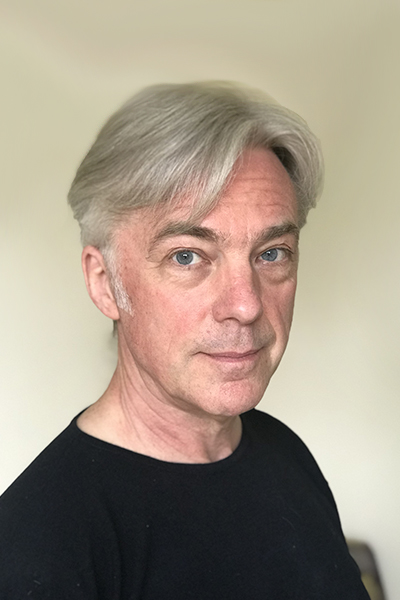 I was 11 years old. I’d been learning to play the bagpipe chanter and whilst on holiday in Rothesay on the Isle of Bute, I entered a talent competition in a kids show at the Winter Gardens Theatre. I got up onstage, chanter in hand, and sat down to play something I knew well; Scotland the Brave, introduced by the MC.
I was 11 years old. I’d been learning to play the bagpipe chanter and whilst on holiday in Rothesay on the Isle of Bute, I entered a talent competition in a kids show at the Winter Gardens Theatre. I got up onstage, chanter in hand, and sat down to play something I knew well; Scotland the Brave, introduced by the MC.
I went to play and completely froze. Not a toot.
‘Do you know something else?’ ‘Rowan Tree,’ I replied.
Again – not a toot. A guy three rows back laughs.
It was a life-defining lesson. Get it wrong and you’re shamed, embarrassed, proven ‘not good enough’ and laughed at. Since then, the fear of standing in front of people and playing, or even giving a talk, terrified me.
I guess my upbringing could have given me more self-confidence. My Scottish and Irish parents spent little energy in the way of encouragement and way too much on ‘not being good enough’, ‘not getting ideas above your station’ (what does that even mean?) and worrying, ‘what will the neighbours think?’ The latter was exemplified by dear Mum, exploding whilst yelling that very phrase. I decided a few years later in an attempt to sound like guitarist Brian May of Queen, to turn up my Vox AC30 guitar amp to flat out. Not something you really want to do in a bedroom in a block of flats…. Health and Safety would not approve. Never mind the neighbours, or dear Mum. And I didn’t sound like Brian either.
Anyway, I’m digressing. It’s a pattern of behaviour I’m aware of, thanks to the Hoffman Process which I experienced way back in 2008… so I’ll get back to the point.
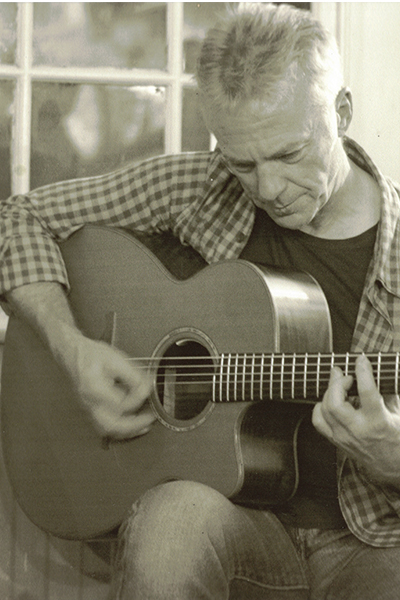
Session at The Star, Romsey
But the one thing I can think of that gave a me a concrete, tangible result was the ability to get up in front of an audience and play fingerstyle guitar, solo. And it turns out – not something I was aiming for – that I can give heartfelt performances that touch and move people. If you’re reading this and thinking ‘Who does he think he is?’ or ‘He’s a bit up himself’, well, I don’t mind. That’s just what it is and I’m fine with that. Notice the lack of inner critic? Hoffman – one, Inner Critic – nil.
Another thing I found post-Hoffman was that I was more open to learning and instinctively following a path, especially through reading and training. I’d say 80-90% of these paths have been fruitful. Reiki training proved to be a dead end for me, however Non-Violent Communication and especially Mindfulness training were eye-openers, and I use them both still. I was an advocate for Mindfulness training at work, and successfully used NVC in some difficult situations, but those are stories for another time – we’re on the path to musical performance.
Some things changed fairly quickly after the Process; however, this particular change came some years later, in the way small shifts after the course often build into bigger ones. It was triggered by my daughter asking me to play a couple of acoustic fingerstyle guitar tunes at her wedding. Solo. I’d never played solo in public before. Playing in a covers band, which I’d done many times, is a completely different ballgame – and even that was challenging enough.
Well, you can’t let your girl down, can you? When she asked me, I can’t say that I gave the most positive response – more like, ‘Oh God, I’m going to have to do it in front of people – the friends and family audience is the hardest! – and I’ll have to get it right!! And overcome the challenge of sitting and playing in a kilt (think about it….) Oh, and I’ll have to do the Father of the Bride Speech too…’
Aaaaarrrgggghh….
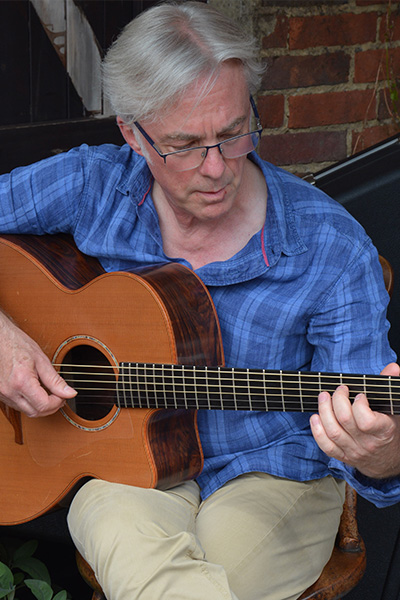
Beggars Fair 2023
With a view to improving my solo playing and overcoming the stage fright my 11-year-old self had experienced, I’d already been checking out Open Mic nights and was really impressed with the inclusivity and supportiveness given to absolutely everyone, regardless of ability or experience. No criticism from anyone there at all.
I laid out a plan to seek out performing situations, with ever-increasing challenges to work up to the big performance. I started with playing at a pub session where you play one tune, wait half an hour whilst everyone else takes their turn, play another and so on. At the first session I was asked to finish the night off after a very wobbly rendition of Eric Johnson’s Song for George – I was physically shaking. It was an all or nothing moment and I chose Gordon Giltrap’s Heartsong which is an in-your-face Medieval English Thrash-Folk tune (aka the BBC Holiday programme theme). I was gobsmacked by the response – there was even cheering and some stunned expressions, in A Good Way. I was high as a kite. The mocking laughter had receded. I WAS good enough.
On a good night, I’d find that I’d be playing a tune in a way I never had before. The expression of it would be different without me thinking about it, even with a tune like The Entertainer, which I’d play slowly, and then become aware that the pub had gone quiet. What? With The Entertainer?
I couldn’t work out what was going on, and wondered what made a ‘good’ performance. Why can musicians have a ‘good’ night and why do they not? Can you replicate a good night or ensure that the conditions for it are right? If athletes can follow a path that results in peak performance on a given day, then couldn’t musicians do the same? I read some great books on performing, which helped to an extent – and then I met Amy.
I’ve come to believe things happen when you are on the right path. Amy Speace is a Nashville-based folk singer/songwriter/poet and songwriting and performance educator. She knows her stuff. I spoke with her after a gig, hoping to pick her brains. Instead, she offered an hour online lesson. She talked non-stop and it was all gold dust. How to connect with songs and the audience, what to do when it goes awry, stage management, sound-checks, dealing with hecklers, what your role is as a performer (to allow people to feel emotion) and how to achieve that with every tune, every gig.
I play in front of people to improve my playing. I love sound and work on making the guitar sound as good as I can. That’s it.
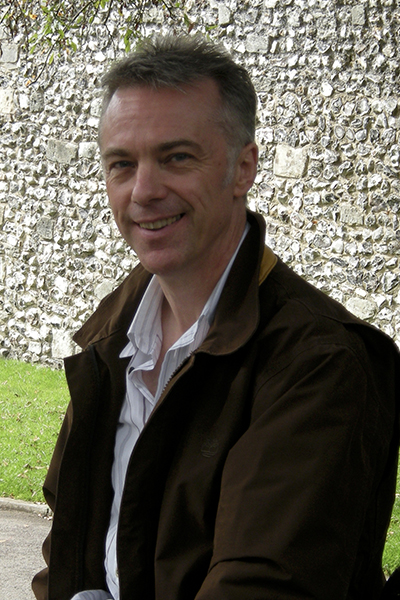 However as time went by I realised that there was something else happening when I played.
However as time went by I realised that there was something else happening when I played.
One night after an open mic, another performer said that what I’d played was ‘spellbinding’. Spellbinding! I’ve never looked for compliments or expected a comment like that. I was completely taken aback. Others have since said that I play from the heart, or that I touch them, or that they can feel the emotion in what I play. One guy asked if ‘that pain was real’ after one tune (it was….)
Amy’s wisdom gave me permission to get inside the music and really express my feelings through it. Every time. People connect with that. If I get distracted, the mindfulness brings me back to where I need to be. Sometimes it doesn’t, but I don’t beat myself up about it. I’m always learning.
As I learned on the Process all those years ago, things happen when you’re on the right path. Sometimes there are other, less fruitful paths that you need to hack your way down with a machete. Those are not really for you. Sometimes a mentor like Amy appears.
Hoffman made it possible for me to be open to my path and recognise it – even all these years later. It usually comes from a quiet gentle tug from my intuition that I now know to follow. The inner critic has no part to play anymore. And there is nobody laughing.
P.S. – The wedding gig? I practiced and worked on my performance so much that I didn’t get nervous at all, and I just really wanted to get on with it on the day. It went fine – and the kilt didn’t get in the way at all. I’d practiced playing whilst wearing that too:)
Listen to Colin playing on Soundcloud here, or you can catch him playing live most Tuesdays here
Read more about Amy Speace’s teaching work in her book: To The Performer, The Singer-songwriters Handbook or on her website
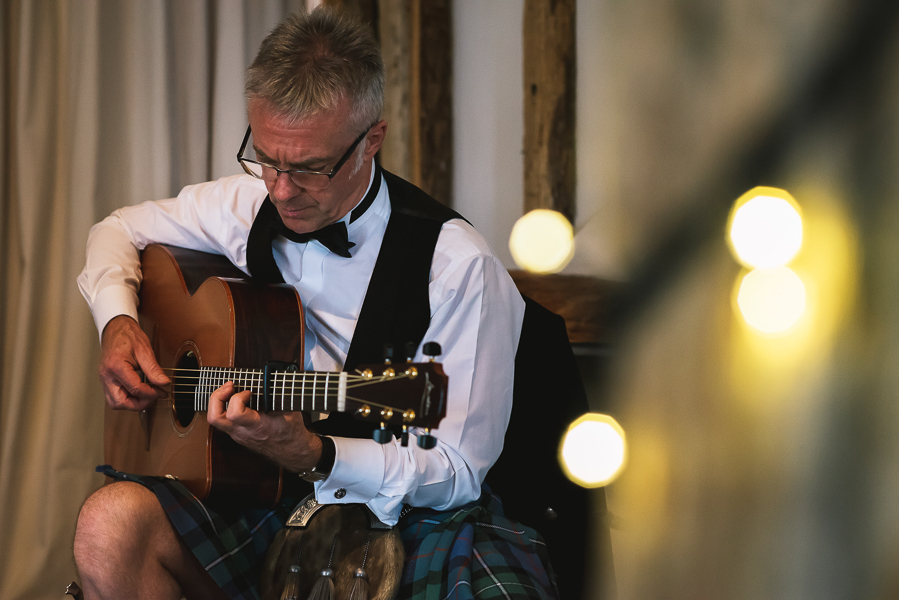
Photo credit: Kristian Leven Photography
Photo credit: Kristian Leven Photography





 Sign up to receive monthly newsletters from Hoffman
Sign up to receive monthly newsletters from Hoffman